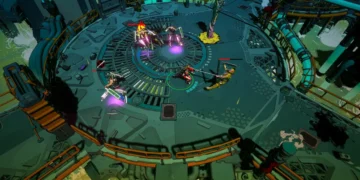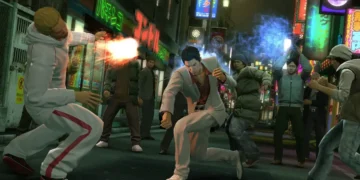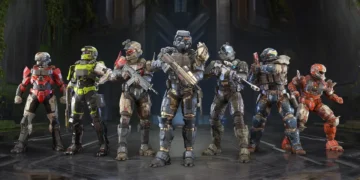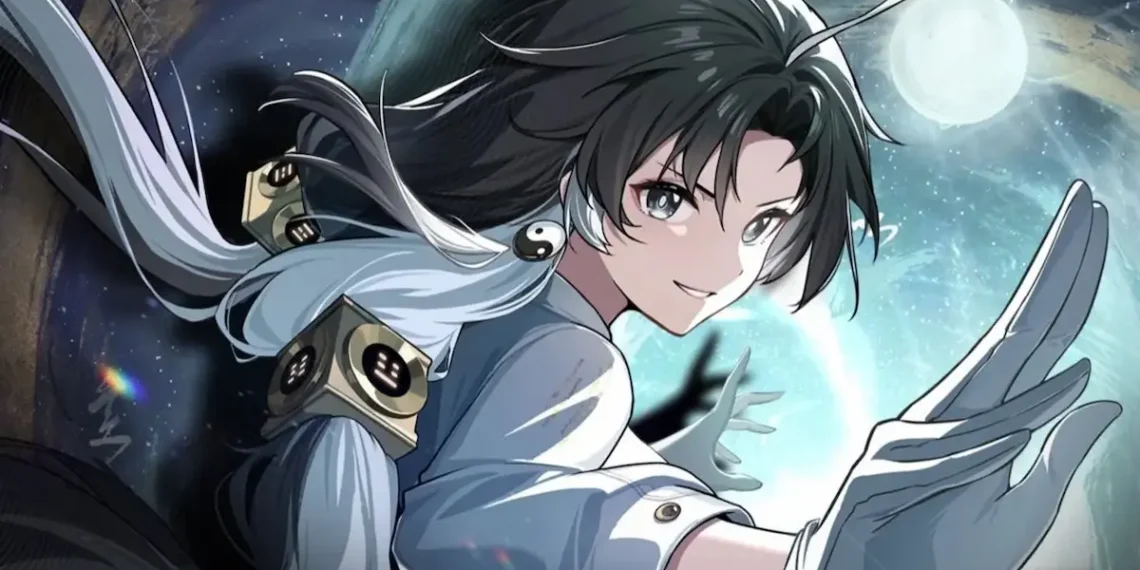Right from the beginning, Wuthering Waves captured the players with its unique mixture of swords, guns, and spirits, merging these unlike elements into an amazing combat system.
This gacha RPG, driven by its story, invites players to dance through combat sequences, gracefully dodging attacks before swapping to a teammate who might deliver a fish-like dragon strike.
Wuthering Waves release date was 22nd May, 2024. It is known for its action. Each Wuthering Waves character is defined by their element and weapon type, with unique skills that can be leveled up.
But unlike other action-RPGs such as Genshin Impact, this game introduces intro and outro skills activated when swapping characters in your three-person team, showing special attacks like fire-infused shootouts.
Also, a separate skill gauge fills as you deal damage or skillfully dodge and parry enemy attacks, adding strategic depth to team building and character swapping.
Every character also shows different combo moves that you can master through practice. These combos might involve pressing the same button multiple times, holding a button after an attack, or performing aerial assaults.
While learning these inputs can be challenging, doing so for your favorite characters enhances the gameplay experience. It’s commendable that Wuthering Waves encourages experimenting with all characters, offering small rewards for your efforts.
Character improvement is on Echoes—animal-like partners that increases stats such as attack and elemental damage. The effectiveness of these buffs depends on how many of the same type you get, and each Echo occupies limited equipment slots.
This system promotes strategic thinking about maximizing benefits within the available space, even if it sometimes means using suboptimal Echoes. Unlocking additional stats for Echoes, a process called Tuning, introduces random elements, making optimization a challenge but not a necessity.
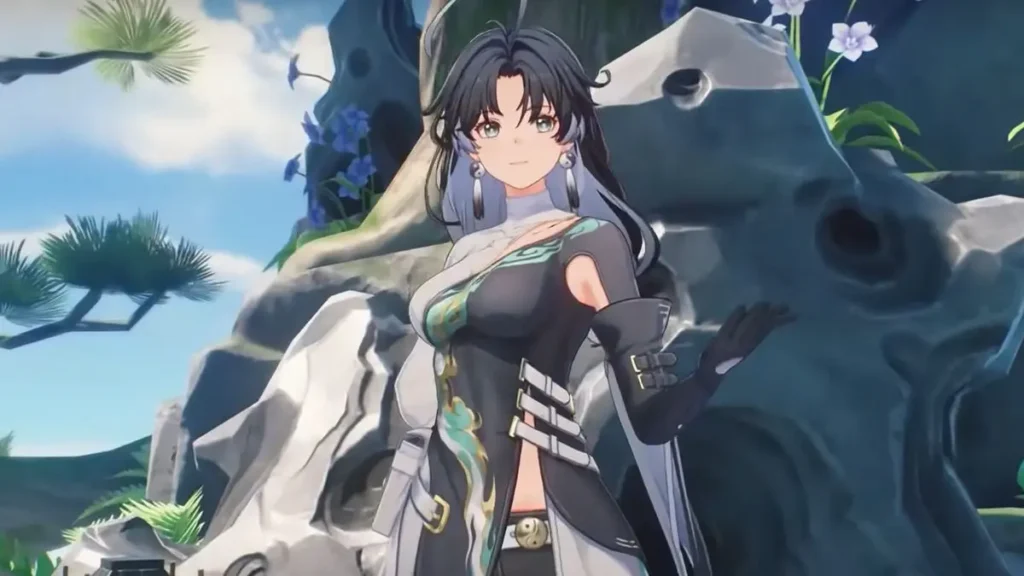
Echoes also tie into the game’s environment. Enemies and bosses sometimes leave behind ghostly shells that can be changed into Echoes, encouraging exploration to find unique monsters and gain new effects.
This system not only rewards players with useful gear but also motivates thorough map exploration. Capturing Echoes contributes to a collection guidebook and a battle pass with additional rewards, offering compelling reasons to hunt them beyond just stats.
Despite these engaging mechanics, the constant nature of combat can become tiresome after extended play, particularly after over 30 hours of gameplay.
While farming for Echoes remains an unlimited activity, the lack of variety in enemies can make the experience dull. But this is still suitable to systems like Genshin Impact’s artifact system, which is bound by daily currency limits.
One important drawback of Wuthering Waves is its story. Developer Kuro Games had to improve the narrative pre-launch, but the result is still a complex tale with uneven pacing and excessive display.
The main character’s amnesia and the cryptic world-building jargon require constant reference to encyclopedias and loading screens, making the story more confusing than engaging.
Later chapters introduce number of characters without much development. The voice acting also lacks the quality of increasing emotions, seen in contemporaries like Honkai: Star Rail, making the story feel dull and unengaging.
After about 20 hours to complete the main story and 10 more in the endgame, Wuthering Waves changes to a slower grind typical of free-to-play RPGs. Farming materials to level up characters and gear becomes the main activity.
Conclusion
Wuthering Waves stands out with its complicated combat, dynamic movement, and engaging Echo system, differentiating it from competitors.
While its combat and exploration are polished and enjoyable, the story falls short, with uninteresting writing and voice acting that fail to captivate. But the game’s combat and progression systems offer enough to keep players coming back, especially with the promise of future updates.
Also read: Star Wars: Hunters Review

